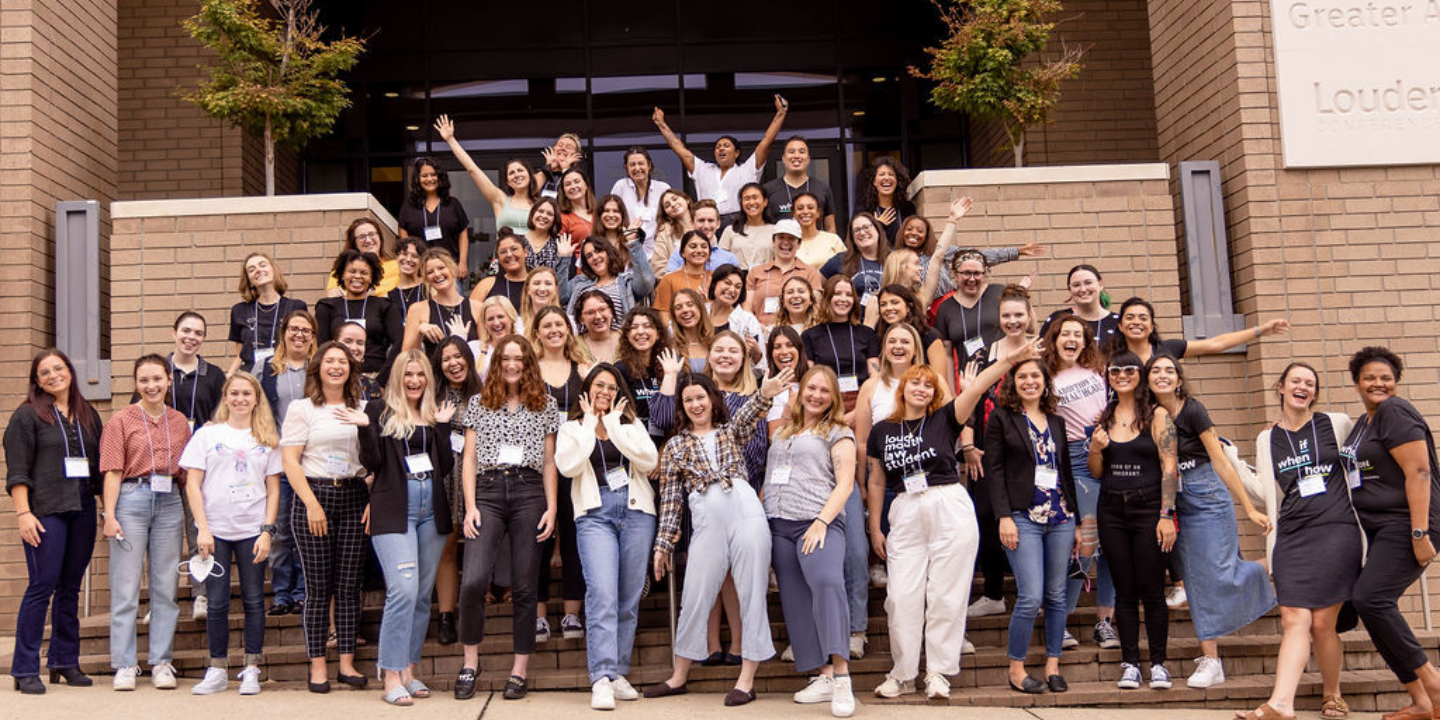September 20, 2016
By Wendy Fu, Attorney & Pro Bono Programs Coordinator
Many of us go to law school to help people and make a difference. For a variety of reasons, that dream can get derailed. If you are currently in law school or are practicing in another field, here are a few tips to consider if you want to find your dream job in social justice.
Start in law school (if possible): Join a clinic and/or do pro bono work. For example, NYU School of Law has a Reproductive Justice Clinic and Berkeley Law School has Student-Initiated Legal Services Projects. You can gain experience and exposure to different areas of law, and begin to network with practitioners and professors.
After law school, maintain a habit of service: Look for opportunities to serve on nonprofit boards and volunteer. Even if your day job is not related to social justice, you can still work in the field. Organizations want to hire people with both relevant skills and a demonstrated commitment to social justice. Pro bono and volunteer work is a good way to achieve both.
Network, network, network: Networking is no less important in social justice than it is in the corporate world. Don’t let the fact that you do not currently work in social justice detract you from making connections. You can meet people through many channels, such as pro bono work and bar associations. If you work for a law firm, your colleagues may know or have worked with people in social justice organizations. If you work in another field of law, you can still connect with these organizations through your network. Connect with people who have jobs you want and talk to them about what they do. On that note…
Ask people what they really do: Class action litigation sounds great, but do you really want to spend years dealing with discovery? Policy advocacy sounds interesting, but do you love legal research and writing? When looking for a social justice job, make sure you look into what daily tasks and responsibilities are involved. If you believe in the mission but hate the day-to-day work, that job might not be for you.
Check out the organization: If you see a cool job opening, do your homework on the organization. Just because it has a compelling mission statement does not mean it will be a good place to work. Its programs could be underdeveloped, its finances could be a mess, or its reputation could be less than stellar. Talk to people in the know and see what they have to say about the organization. You can also research online with websites like guidestar.org and charitynavigator.org, which allow you to see financial and governance information.
Be flexible: There is no one path to finding a job in social justice, so stay open-minded and think about ways to get your foot in the door. If you don’t have time to do pro bono litigation, see if you can help with legal research, for example, through If/When/How’s Legal Research Initiative. If you can’t commit to attending bar association meetings or taking a leadership position, maybe there is a national conference you could attend. A couple of good ones with lots of reproductive justice content are Take Root and Hampshire College’s Civil Liberties and Public Policy (CLPP) conference.
Be patient: Let’s be honest, finding a job in social justice is not always easy. But it’s important to be persistent and remember why you are in this process. Keep taking those coffee meetings and keep applying. And if we here at If/When/How can support you in any way, please let us know. Also, I’m always available as a resource for students and attorneys thinking about social justice careers.
